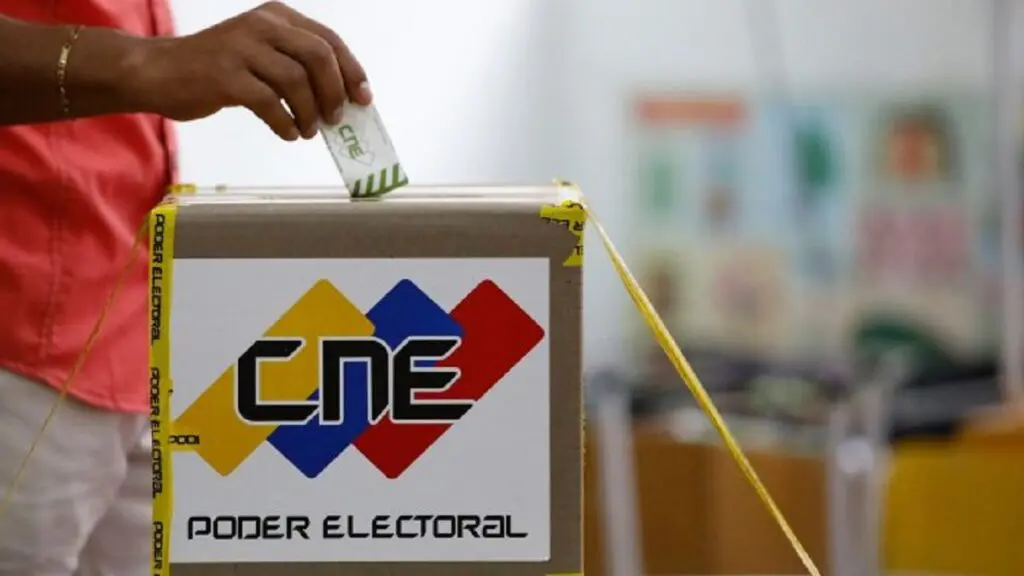
The statement describes the proposal from Colombia and Brazil as unusual. Photo: CNE
Buenos Aires, August 16 (RHC)-- The Network of Intellectuals and Artists in Defense of Humanity (REDH) - Argentina Chapter on Thursday described as offensive the proposal of the presidents of Colombia, Gustavo Petro, and Brazil, Luiz Inácio Lula da Silva, to institute a “transitory cohabitation government and new free elections” in Venezuela.
The entity specifies, through a statement published in the newspaper Página 12, that the initial purpose of both leaders is to “calm their incomprehensible impatience to know the final results of the presidential election,” and reflects on the fact that, if they waited more than two months for the final results of the Mexican presidential elections to be announced, why do they not wait for the deadlines required by Venezuelan law.
“What is happening to them now? Why do they not wait for the deadlines mandated by law to be met and which grant the National Electoral Council up to 30 days after the election to announce the final results? Do they perhaps ignore that these could not be published immediately and in detail due to the massive cyber attack suffered by the CNE's transmission platforms,” it maintains.
Likewise, the Argentina Chapter underlines that the presidents' proposal also assumes that fraud was committed in the elections of July 28 in Venezuela, "which is an irresponsible accusation as well as unfair and which is not by chance fully in line with Washington's project."
In this sense, the Network points out that the American president Joe Biden has expressed his support for Petro and Lula, "this maneuver implies the disavowal of the legitimacy of President Nicolás Maduro and opens the doors to appoint a Guaidó 2.0 in this "transitional government" and thus achieve the long-awaited "regime change" in Venezuela, a previous step to definitively seize the largest oil reserve in the world."
The Network also questions what a cohabitation government would be like in the South American country, and wonders why Lula did not do so when on January 8, 2023, Bolsonaro supporters stormed the headquarters of the three powers in Brasilia.
“He did not do so for very good reasons, which are the same ones he is now abandoning by demanding a “transitional government and new elections” in Venezuela. Along these lines, why does Petro not invite Álvaro Uribe Vélez to share the government and thus achieve the delayed pacification of Colombia?”
In this regard, the Network maintains that “both Lula and Petro should know that a coalition government between a neocolonial and destituent fascism and the Chavista forces would be nonsense, a true exercise against nature, as the ancients said, whose outcome history shows would be nothing other than a civil war.”
The statement highlights the attitude of Mexican President Andrés Manuel López Obrador, who “has said that he will wait for the final verdict of the Venezuelan electoral authorities before making a decision.”

